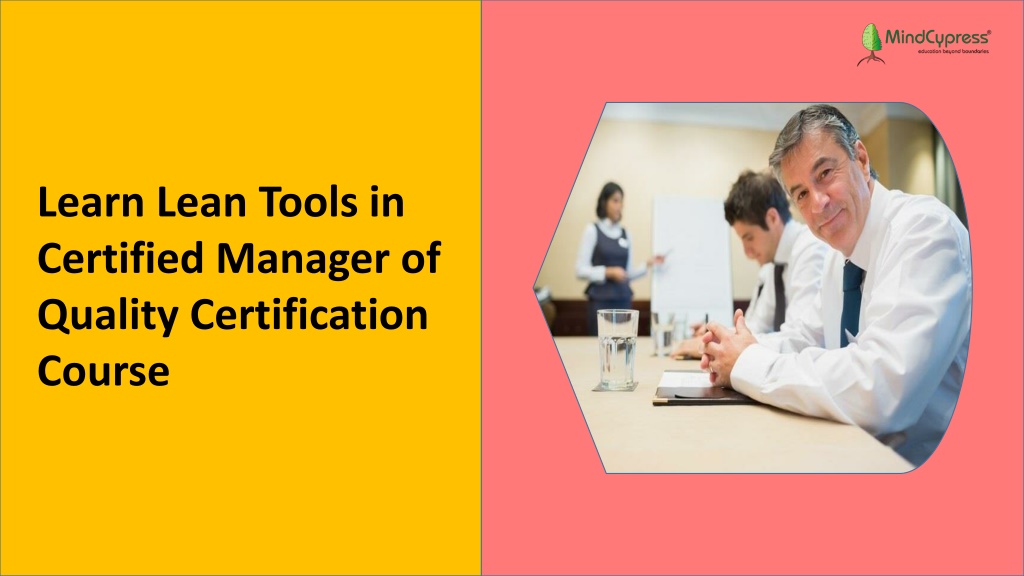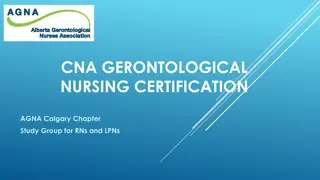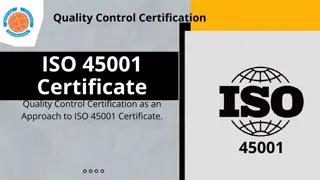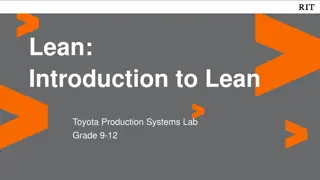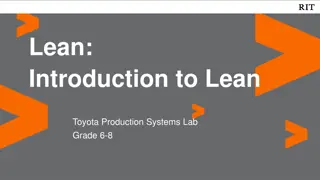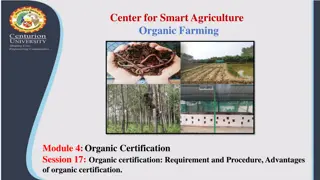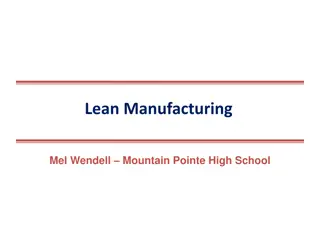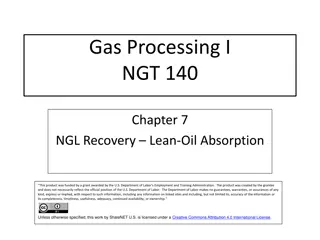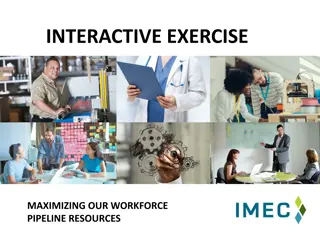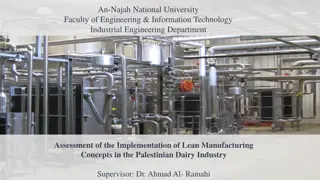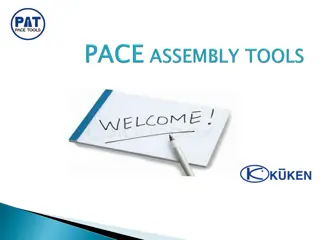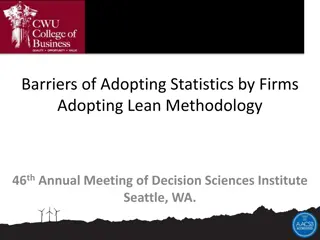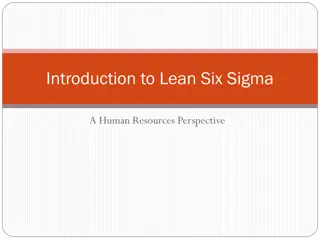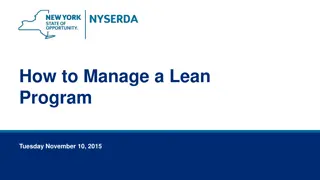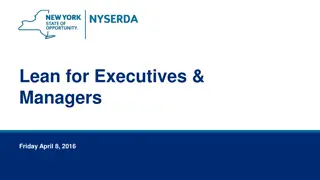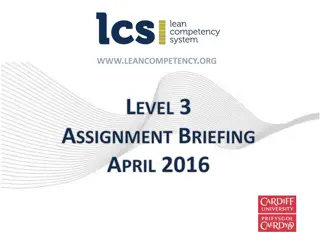Learn Lean Tools in Certified Manager of Quality Certification Course
Quality management is a crucial aspect that can significantly impact an organization's success. The Certified Manager of Quality (CMQ) certification is a highly regarded qualification.
Uploaded on Aug 08, 2024 | 1 Views
Download Presentation

Please find below an Image/Link to download the presentation.
The content on the website is provided AS IS for your information and personal use only. It may not be sold, licensed, or shared on other websites without obtaining consent from the author. Download presentation by click this link. If you encounter any issues during the download, it is possible that the publisher has removed the file from their server.
E N D
Presentation Transcript
Learn Lean Tools in Certified Manager of Quality Certification Course
Introduction: Quality management is a crucial aspect that can significantly impact an organization's success. The Certified Manager of Quality (CMQ) certification is a highly regarded qualification. It equips professionals with the skills and knowledge for leading quality initiatives and driving continuous improvement within organizations. One of the key components of the CMQ certification is learning and applying Lean tools, which are essential for enhancing efficiency and reducing waste. In this blog, we will explore the importance of Lean tools in the CMQ certification course and how they can benefit certified quality managers.
Understanding CMQ Certification The CMQ certification, offered by the American Society for Quality (ASQ), is designed for professionals who aim to take on leadership roles in quality management. It addresses many different subjects, such as project management, strategic planning, quality management systems, and lean concepts. A person can show that they are skilled at managing teams, putting continuous improvement plans into action, and overseeing quality procedures by earning the certified quality manager certification.
Importance of Lean Tools in Quality Management A collection of methods and approaches known as "lean tools" concentrate on increasing value and decreasing waste. They are commonly utilized to increase overall quality, increase efficiency, and streamline processes in a variety of industries. Participants in the CMQ certification course get knowledge on how to use Lean techniques to accomplish these objectives. Among the essential Lean tools that are taught in the course are: Value Stream Mapping (VSM): VSM is a visual tool that maps the flow of materials and information in a process to assist find and remove waste. It enables quality managers to assess how a process is now operating and create a future version that will be more effective. 5S: Organization and uniformity in the workplace are the main goals of the 5S methodology. Sort, Set in Order, Shine, Standardize, and Sustain are the five steps in the process. Putting 5S into practice can increase efficiency, production, and safety. Kaizen: Kaizen, which translates to "continuous improvement" from Japanese, is a theory that supports gradual, tiny adjustments to procedures. It involves every employee in determining problem areas and putting fixes in place. Kanban: A visual scheduling tool called Kanban makes inventory and workflow management easier. It guarantees that tasks are completed on schedule, eliminating bottlenecks and increasing productivity. Root Cause Analysis (RCA): RCA is a method of problem-solving that's utilized to find the root causes of problems. Recurring problems can be avoided by quality managers by addressing the underlying reasons.
Benefits of Learning Lean Tools in CMQ Certification Enhanced Problem-Solving Skills: Lean tools offer an organized method for locating and resolving issues. Certified quality managers can handle problems more skillfully and stop them from happening again by becoming familiar with these resources. Improved Process Efficiency: By removing waste and streamlining workflows, lean technologies facilitate process optimization. As a result, there is an improvement in quality, cost savings, and efficiency. Better Decision-Making: Quality managers can make well- informed judgments based on objective analysis rather than gut feeling thanks to the data-driven nature of Lean tools. Increased Employee Engagement: Lean concepts involve staff members at all levels and promote a culture of continuous development. Team members become more engaged and feel a feeling of ownership as a result. Competitive Advantage: Organizations that implement Lean tools and principles can achieve higher levels of efficiency and quality, giving them a competitive edge in the market.
Conclusion: A useful qualification for professionals looking to progress in their quality management professions is the CMQ certification. Participants in the certified quality manager certification program acquire the abilities and know-how for promoting efficiency and improvement in organizations. They utilize Lean techniques effectively to achieve the goal. Lean tools like Value Stream Mapping, 5S, Kaizen, Kanban, and Root Cause Analysis are essential for attaining operational success and quality excellence. Acquiring CMQ certification by MindCypress and being an expert in Lean techniques are good first steps if you want to advance your career and have a big impact on your company.
Slide End and Resource: Resource: https://www.mindcypress.com/blogs/q uality-management/learn-lean-tools-in- certified-manager-of-quality- certification-course Email: support@mindcypress.com Phone: +1-206-922-2417 +971 50 142 7401
